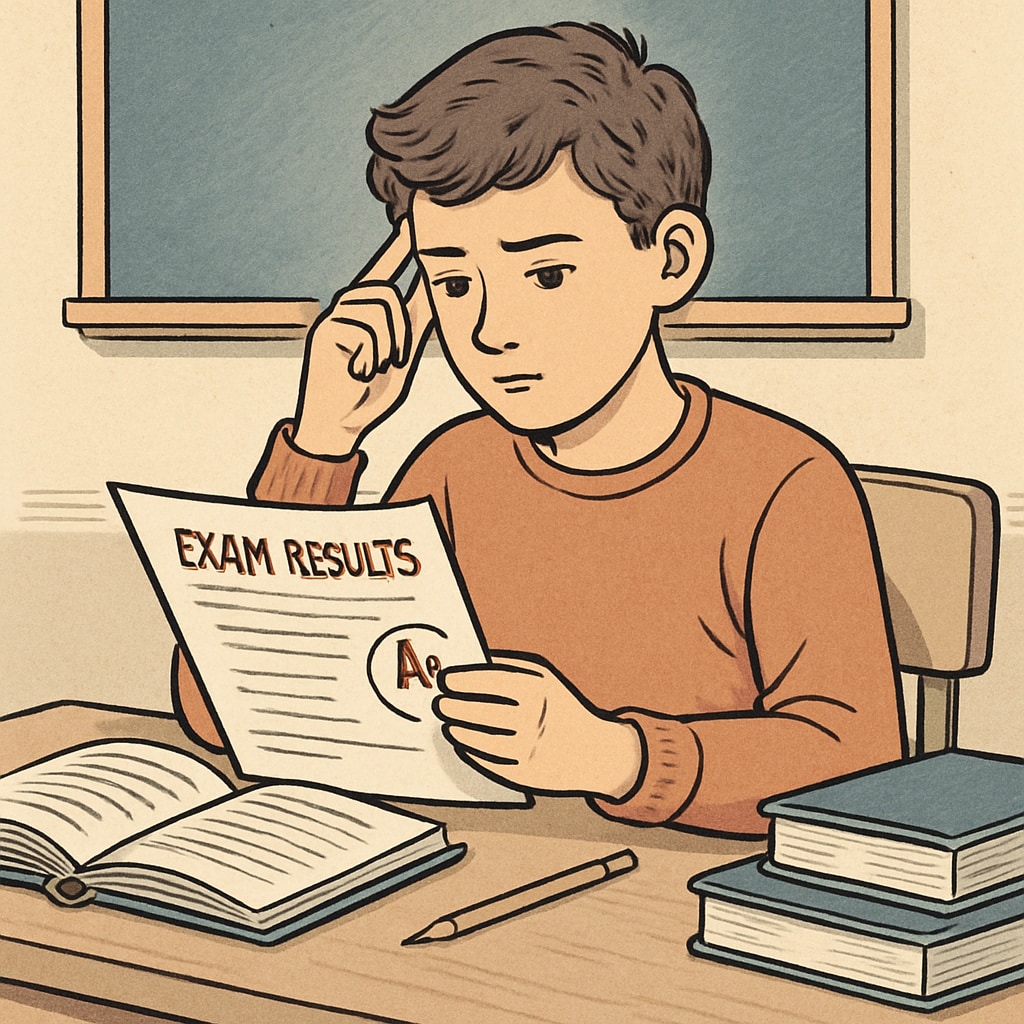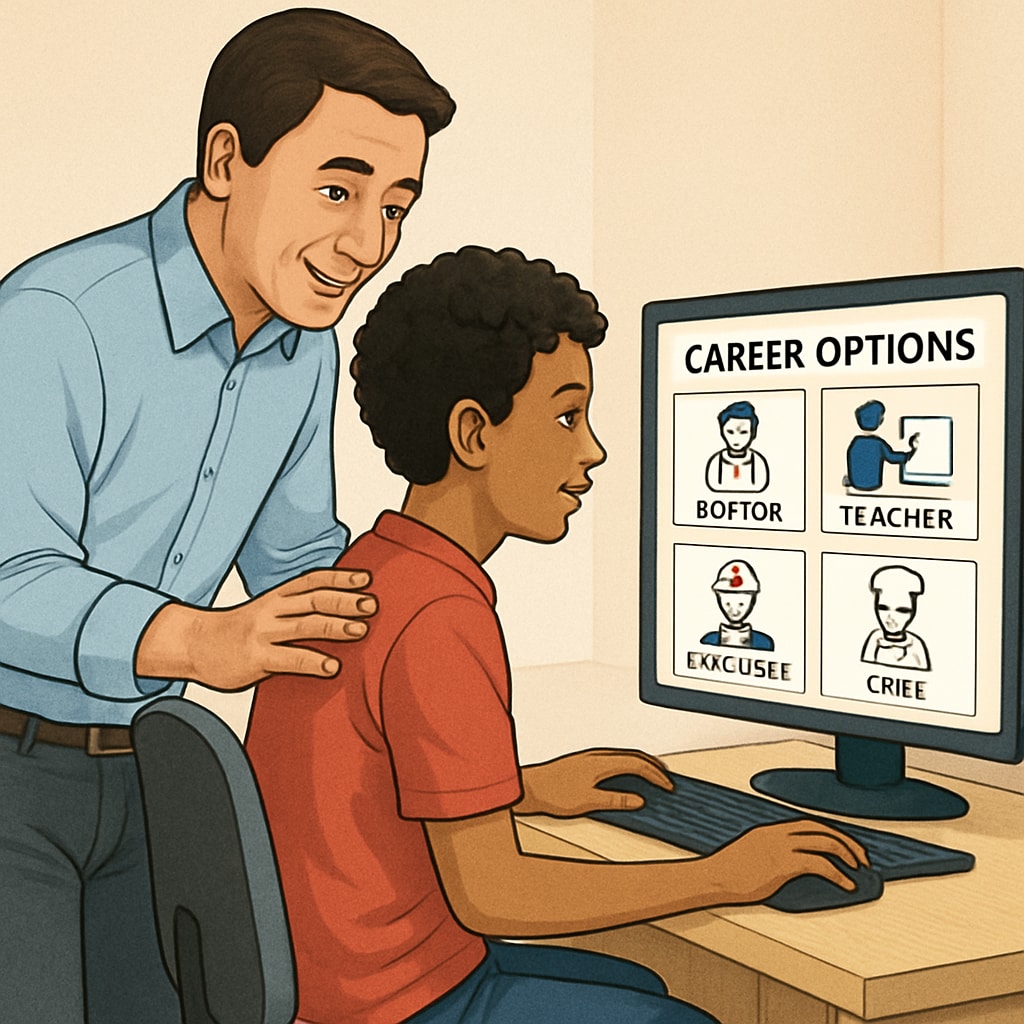For many students, GCSE results bring a mix of emotions ranging from relief to disappointment. When the results fall short of expectations, it can lead to academic anxiety and doubts about future prospects. If you’re feeling overwhelmed, know that you’re not alone, and there are ways to turn this challenge into an opportunity for growth. In this article, we’ll explore the causes of academic anxiety, share actionable strategies to rebuild confidence, and provide guidance for planning a brighter future.
Understanding Academic Anxiety and Its Roots
Academic anxiety often stems from the pressure to meet high expectations—whether from parents, teachers, or oneself. The disappointment of not achieving desired GCSE results can amplify feelings of inadequacy and fear of failure. In addition, societal emphasis on grades as a measure of worth can make it difficult to see beyond the numbers on a results sheet.
However, it’s important to remember two key points: first, a single set of results doesn’t define your abilities or potential; and second, setbacks are an inevitable part of life. By understanding the roots of your anxiety, you can begin to address it constructively and focus on what truly matters: your growth and resilience.

Rebuilding Confidence After Disappointing GCSE Results
Rebuilding confidence after a setback requires patience and self-compassion. Here are some steps to help you regain your sense of self-worth:
- Reflect on Your Strengths: Take time to list your achievements outside academics—whether in sports, arts, volunteering, or personal relationships. These areas showcase your unique capabilities and remind you of your value beyond grades.
- Seek Support: Talk to a trusted teacher, counselor, or family member about your feelings. Sharing your concerns can provide relief and help you gain new perspectives on your situation.
- Set Realistic Goals: Instead of dwelling on what went wrong, focus on actionable steps you can take to improve. For example, if you need to retake certain subjects, create a study plan that breaks tasks into manageable chunks.
- Practice Self-Care: Prioritize activities that reduce stress, such as exercise, journaling, or mindfulness meditation. A healthy mind is better equipped to handle challenges.
Remember, confidence doesn’t return overnight—it’s built gradually through small victories and consistent effort.
Redefining Your Future Prospects
It’s natural to worry about how disappointing GCSE results might affect your future. However, it’s crucial to understand that there are multiple pathways to success, and many successful individuals have faced similar setbacks. Here are some ways to redefine your future prospects:
- Explore Alternative Pathways: Consider vocational courses, apprenticeships, or foundation programs that align with your interests. Many of these options provide valuable hands-on experience and lead to rewarding careers.
- Focus on Lifelong Learning: Education doesn’t end with GCSEs. Whether through online courses, workshops, or self-study, you can continue to develop skills that enhance your career prospects.
- Gain Work Experience: Part-time jobs or internships can help you build practical skills and expand your professional network. These experiences often prove more valuable than academic qualifications alone.
- Stay Open-Minded: Life rarely follows a straight path. Embrace opportunities as they come, and don’t be afraid to pivot if your goals change over time.

By focusing on your strengths and exploring diverse opportunities, you can create a future that reflects your passions and potential.
Turning Setbacks Into Stepping Stones
Ultimately, disappointing GCSE results are not the end of the road—they’re a stepping stone to greater self-awareness and resilience. Success is not defined by a single moment but by your ability to adapt, learn, and persevere. As Albert Einstein once said, “Failure is success in progress.”
Take this time to reflect, seek support, and chart a path that aligns with your unique strengths and aspirations. Your journey is just beginning, and the possibilities are endless.
Readability guidance: Short paragraphs, clear headings, and actionable advice ensure easy understanding. Lists break down complex topics, and transitions connect ideas smoothly.


